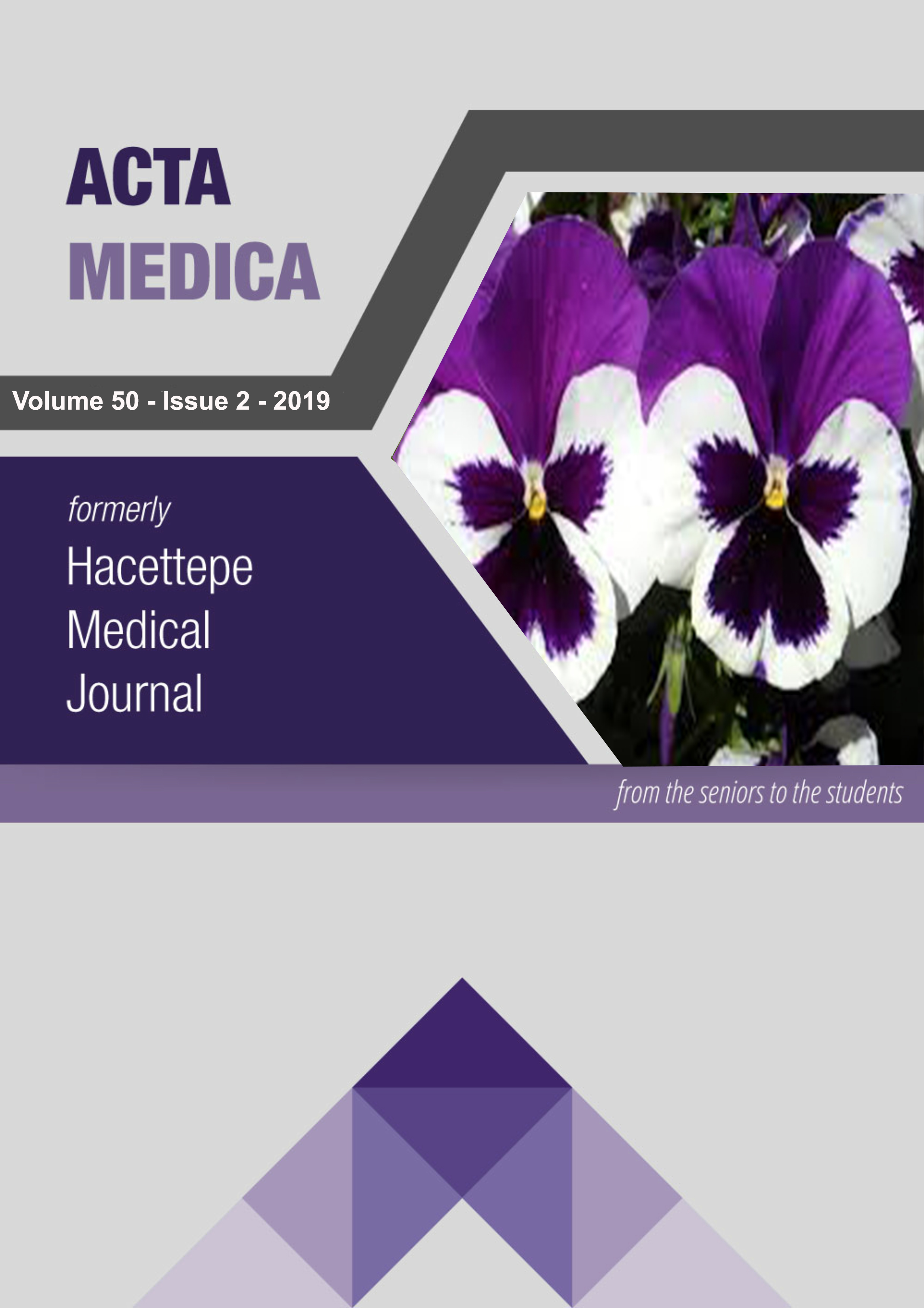Assessment of molecular mechanisms and potential biomarkers in bladder urothelial carcinoma
DOI:
https://doi.org/10.32552/2019.ActaMedica.351Abstract
Objective: Bladder cancer ranks 10th among the most common cancers worldwide, effecting mostly man than women. The aim of this study is to perform a detailed gene expression analysis of bladder urothelial carcinoma to reveal altered molecular mechanisms and to find potential biomarkers for this cancer.
Materials and Methods: Bladder urothelial carcinoma RNA-seq data from TCGA and normal bladder samples from GTEx were analyzed by using GEPIA. Differentially expressed genes were annotated to GO-BP and KEGG pathway terms with DAVID and PPI networks were constructed by STRING. The association of upregulated cell cycle pathway proteins and patient survival was further investigated.
Results: Upregulated genes mainly annotated to cell cycle, p53 signaling and oocyte meiosis and maturation pathways and cell cycle related GO-BP terms. Downregulated genes mostly annotated to adhesion, ECM-receptor interaction, vascular smooth muscle contraction and cardiomyopathy related KEGG pathways and muscle related GO-BP terms. The protein products of six cell cycle genes, which were upregulated in bladder urothelial carcinoma, showed significant association with patient survival.
Conclusion: The results of this study showed altered molecular mechanisms and increased our understanding in bladder urothelial carcinoma, proposed potential prognostic biomarkers.
Downloads


